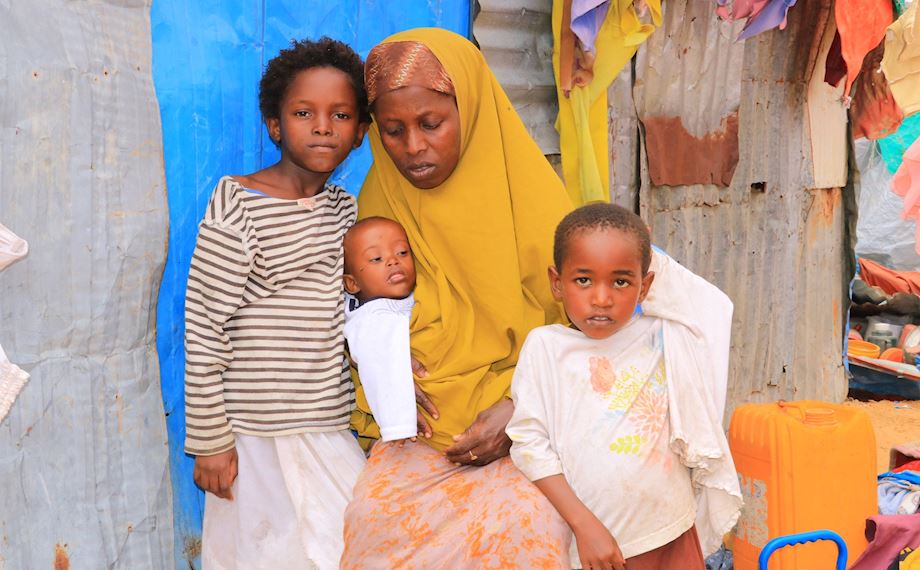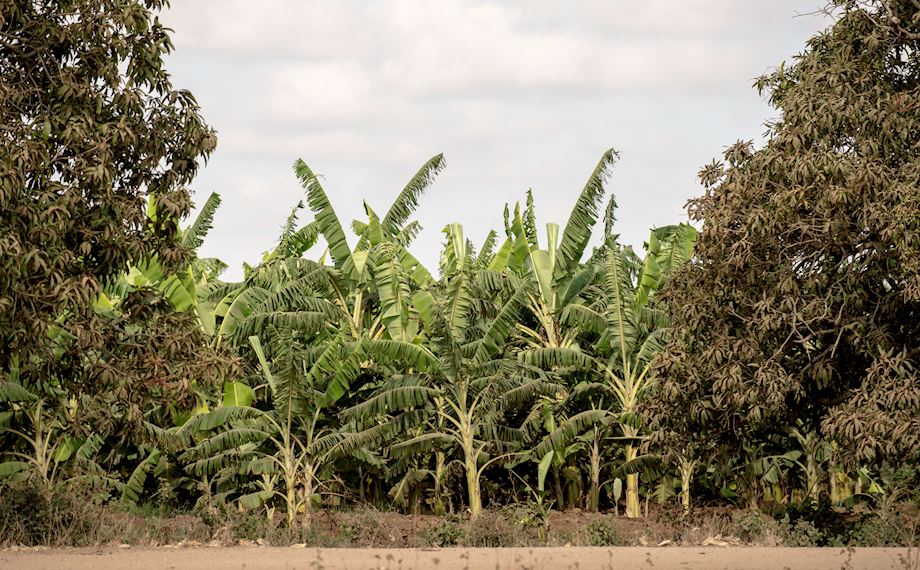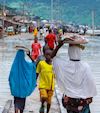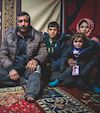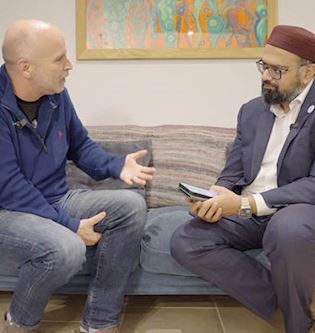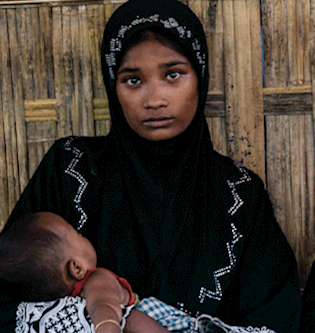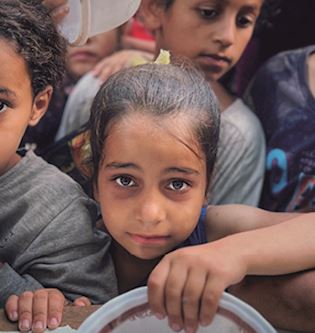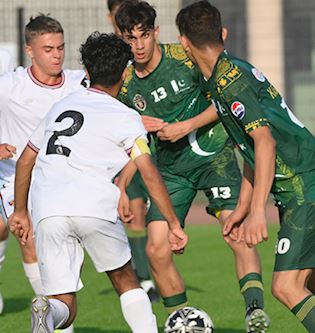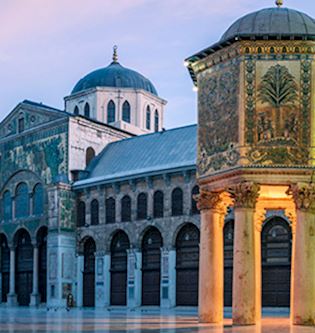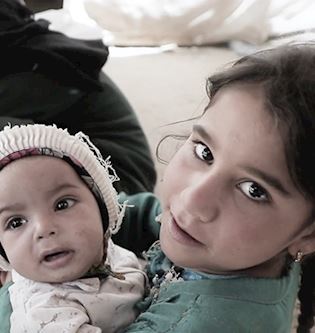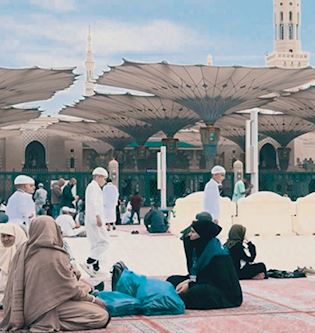How Climate Change is Impacting African Women

This blog is part of our Living Climate Change series, about the impact of climate change on global communities and how you are helping to protect the environment. Read more articles on our Environment page.
As world leaders and delegates gather in the Egyptian city of Sharm El-Sheikh for COP27, women throughout Africa are facing the brunt of climate change.
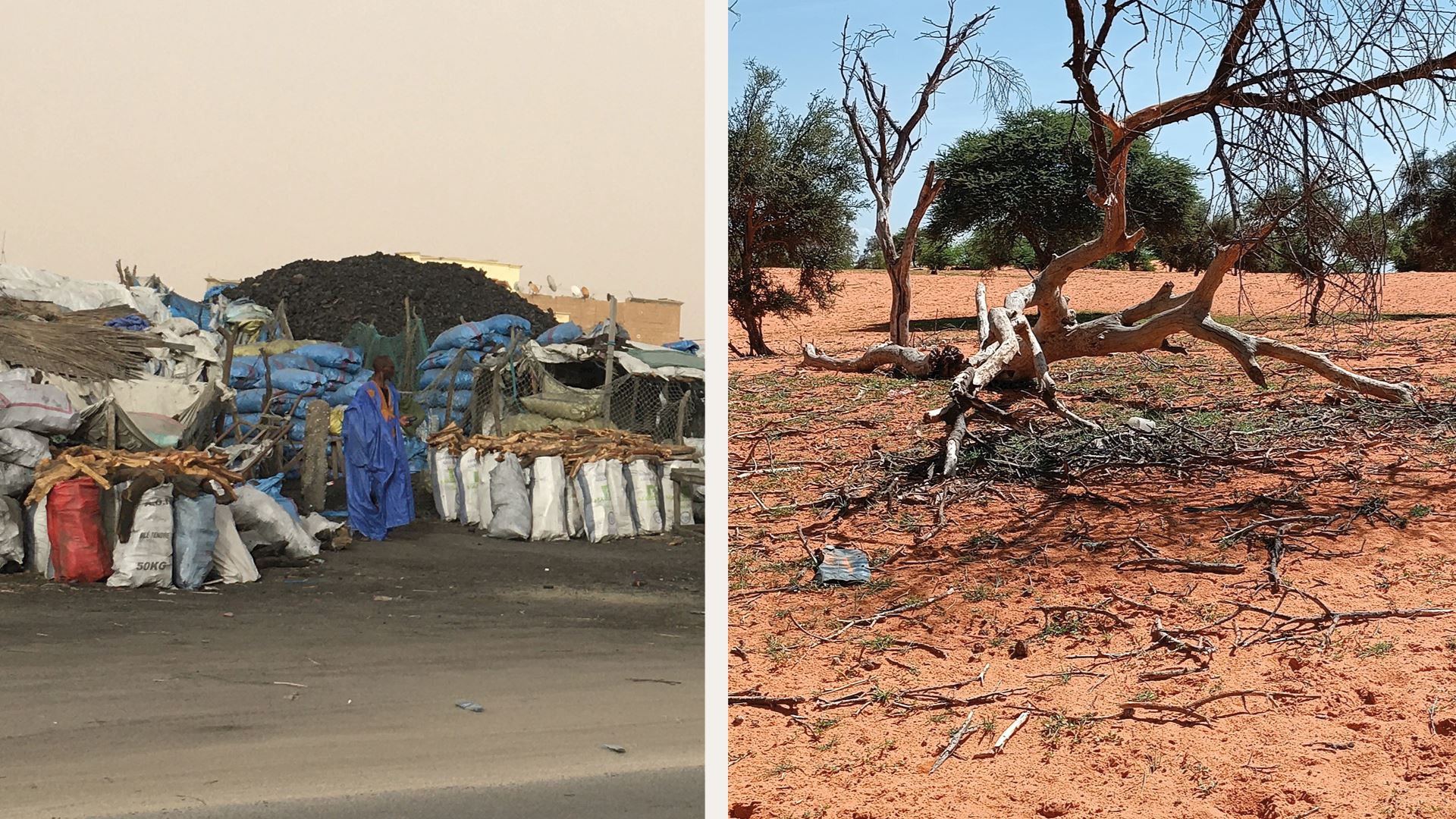
In Somalia, heavily pregnant Nadifa Abdi recently made the treacherous 90km journey to the country’s capital, Mogadishu on foot. As she sat gently rubbing her baby bump in the Muslim Hands Motherkind maternal health clinic, she reflected on how walking for miles on end was the only solution for her family. Nadifa feared they would die in her drought-affected rural hometown of Chanali.
How does climate change affect us?
The effects of climate change are being witnessed on every continent. This summer, countries across the world experienced extreme weather, drought, and flooding – and as the season of calamity concluded, climate change's impact continues to be felt globally.
Its effect on African countries has been particularly severe, despite the continent being responsible for less than 4% of global greenhouse gas emissions. From famine in drought-stricken Somalia to desertification in Mauritania, African women like Nadifa Abdi are on the frontline of climate change, and their plight is often glossed over.
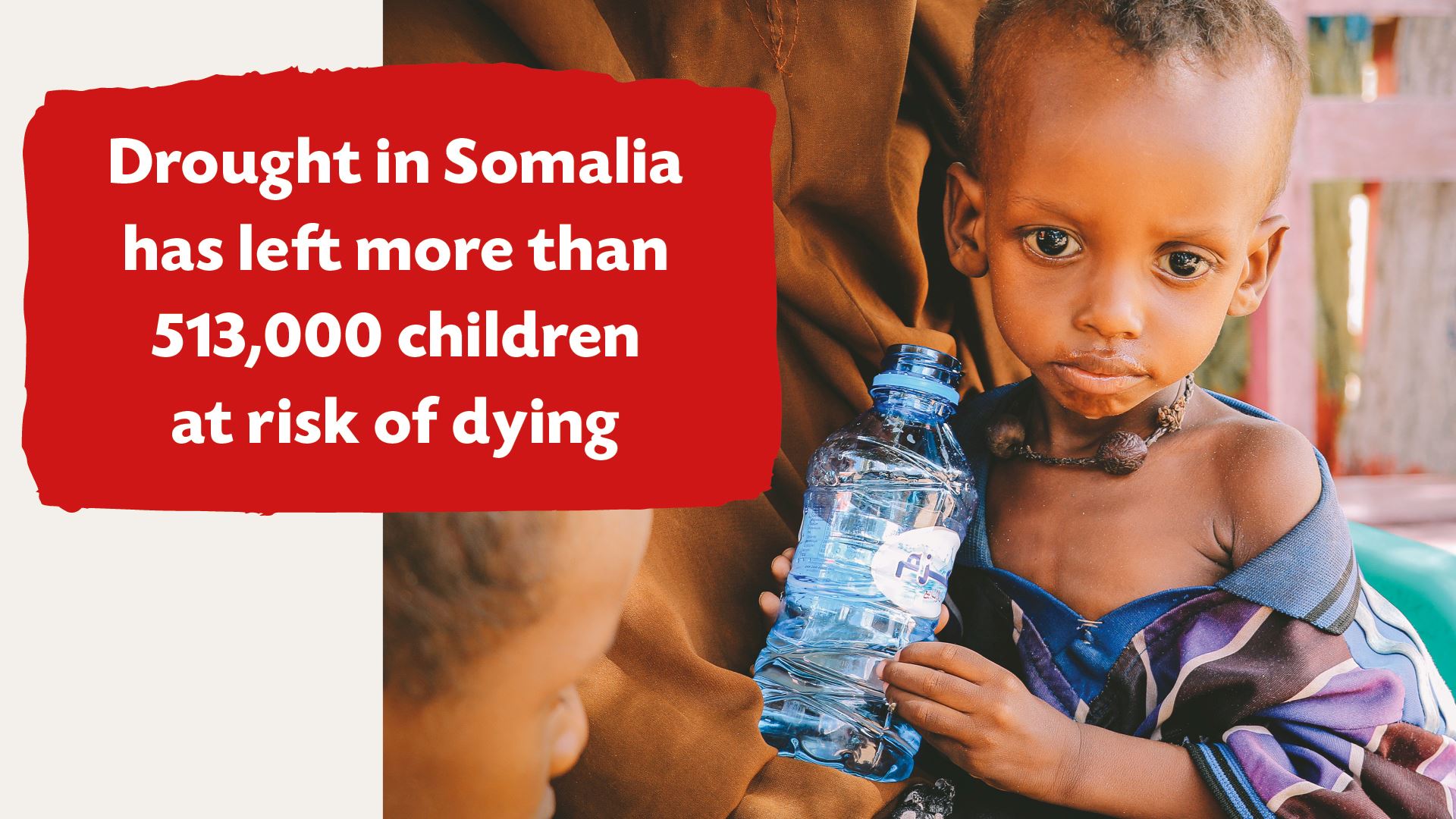
How does climate change affect food security?
Somalia has been facing its worst drought in over a decade – this crisis has left more than 513,000 children at risk of dying. According to the Food and Agriculture Organization (FAO), approximately 6.7 million people across Somalia will likely endure high levels of acute food insecurity between October and December this year. The FAO emphasised that without action, famine ‘will occur within the next few weeks’.
As farmers, Nadifa and her husband relied on the land for their income, but they lost everything to the drought. To make matters worse, her husband was recently diagnosed with testicular cancer. Nadifa felt the pressure of the world on her shoulders as she had to ensure that all of them did not starve to death. Prioritising her family as a pregnant woman has been difficult - she has been eating smaller portions or skipping meals altogether. She has been suffering from stomach aches and fears that she will have a miscarriage.
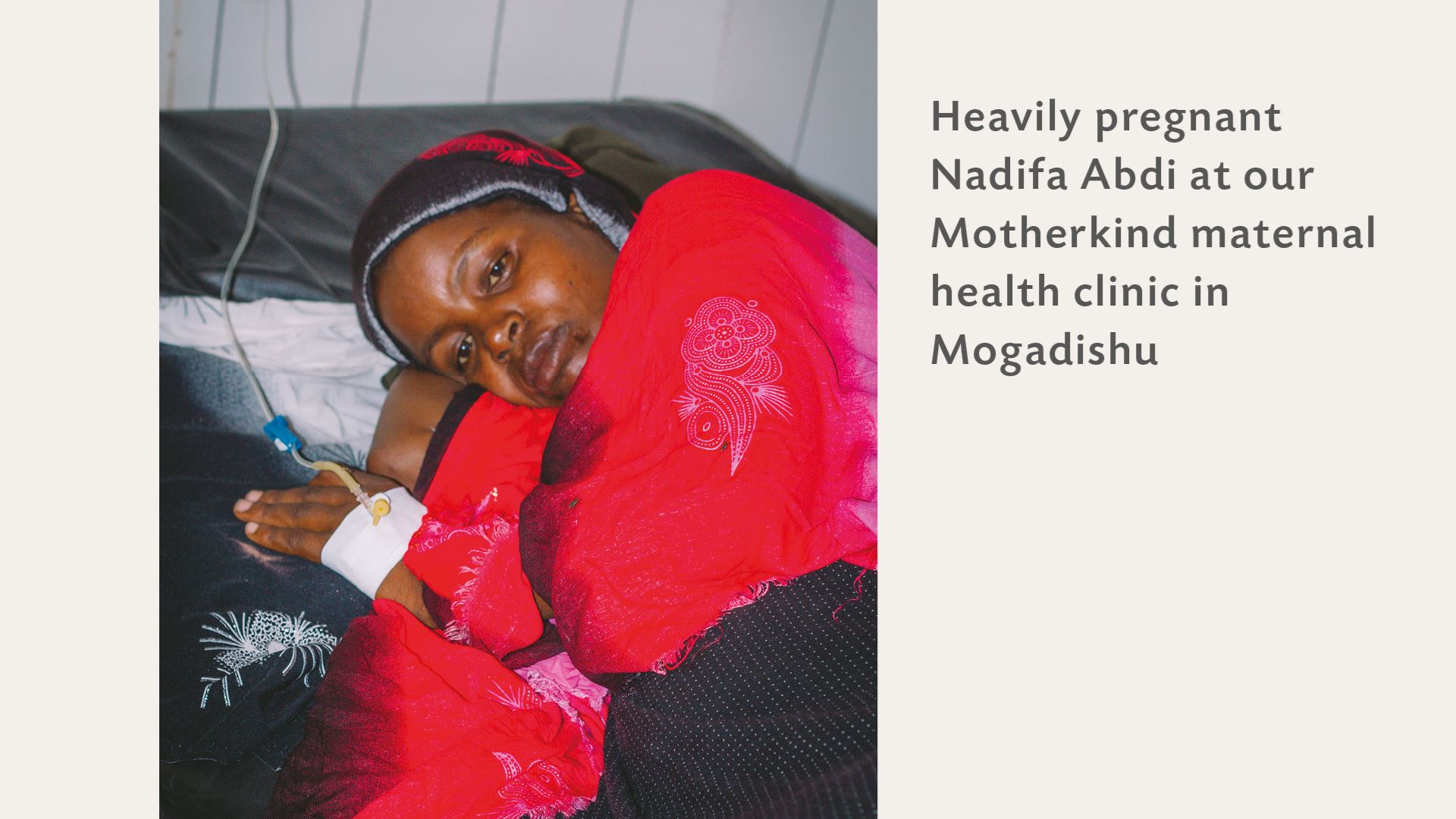
Nadifa is relieved that she and her family survived the perilous journey to the nation’s capital, and now she hopes that she can build a new life for them in Mogadishu, a life of stability and normality. With no access to even basic healthcare, the free services at the Muslim Hands Motherkind clinic are a lifeline for her and many other displaced women.
How Muslim Hands are helping the victims of climate change
Our Mother Kind clinics in Somalia serve up to 100 women and children daily. Somalia has one of the highest maternal mortality rates in the world and the majority of women suffer significant complications due to pregnancy or child-related illnesses. Muslim Hands has been at the forefront of combatting maternal mortality in the country since 2013 and now our clinics are also on the frontline of battling the growing issue of malnutrition amongst Somali mothers and their children.
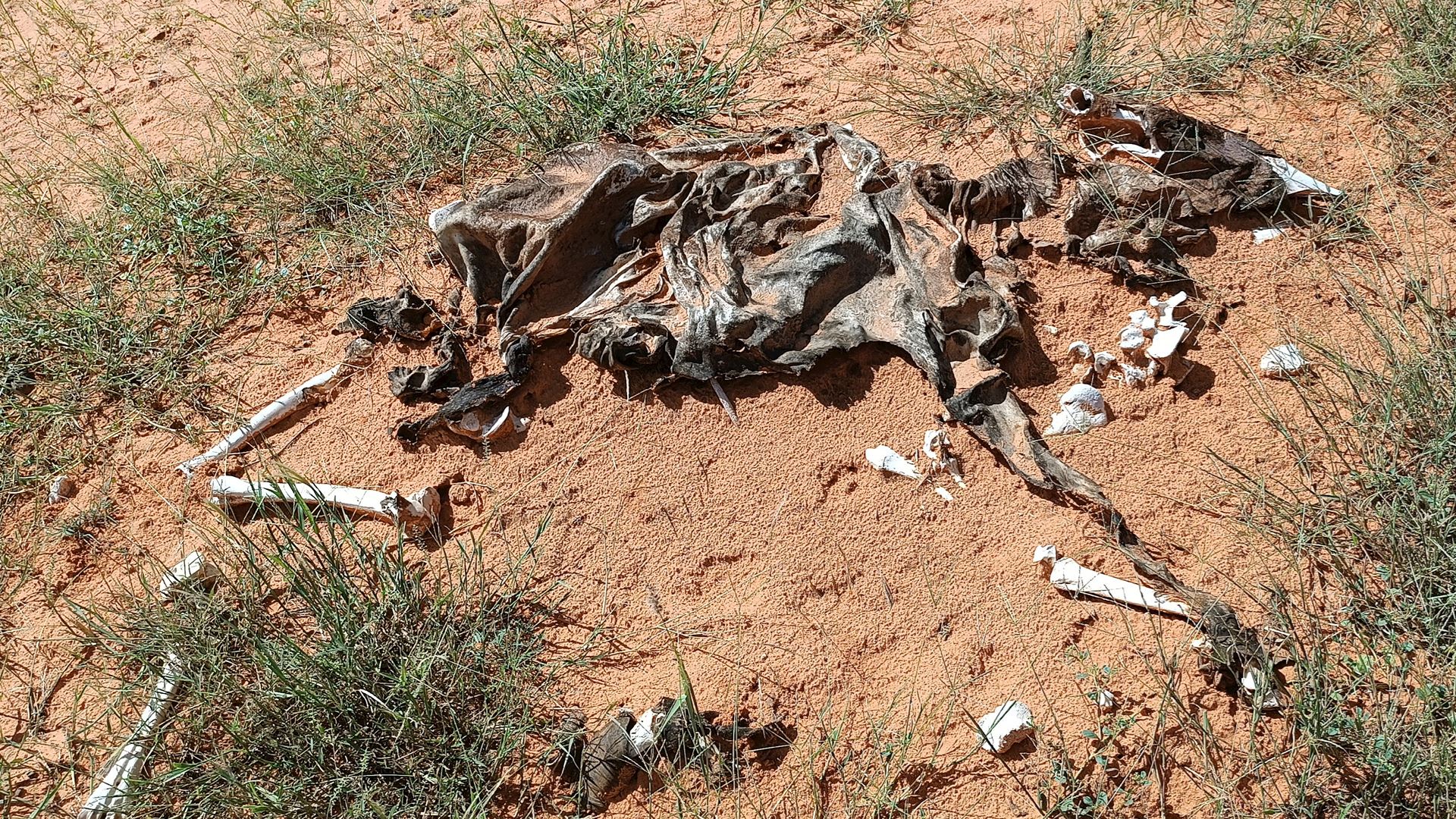
What is desertification and why is it a problem?
Meanwhile, around 9000km away in Mauritania, desertification is destroying whole communities. This process in which fertile land becomes a barren desert—is a significant problem throughout Africa, but it is sweeping across Mauritania at an alarming rate. Around 90 percent of the country lies in the Sahara Desert, making it particularly vulnerable to the effects of lengthy periods of drought and decreased rainfall. The Sahel region is susceptible to climate shocks, as the temperature there has risen by 1°C since the 1970s, almost twice the global average.
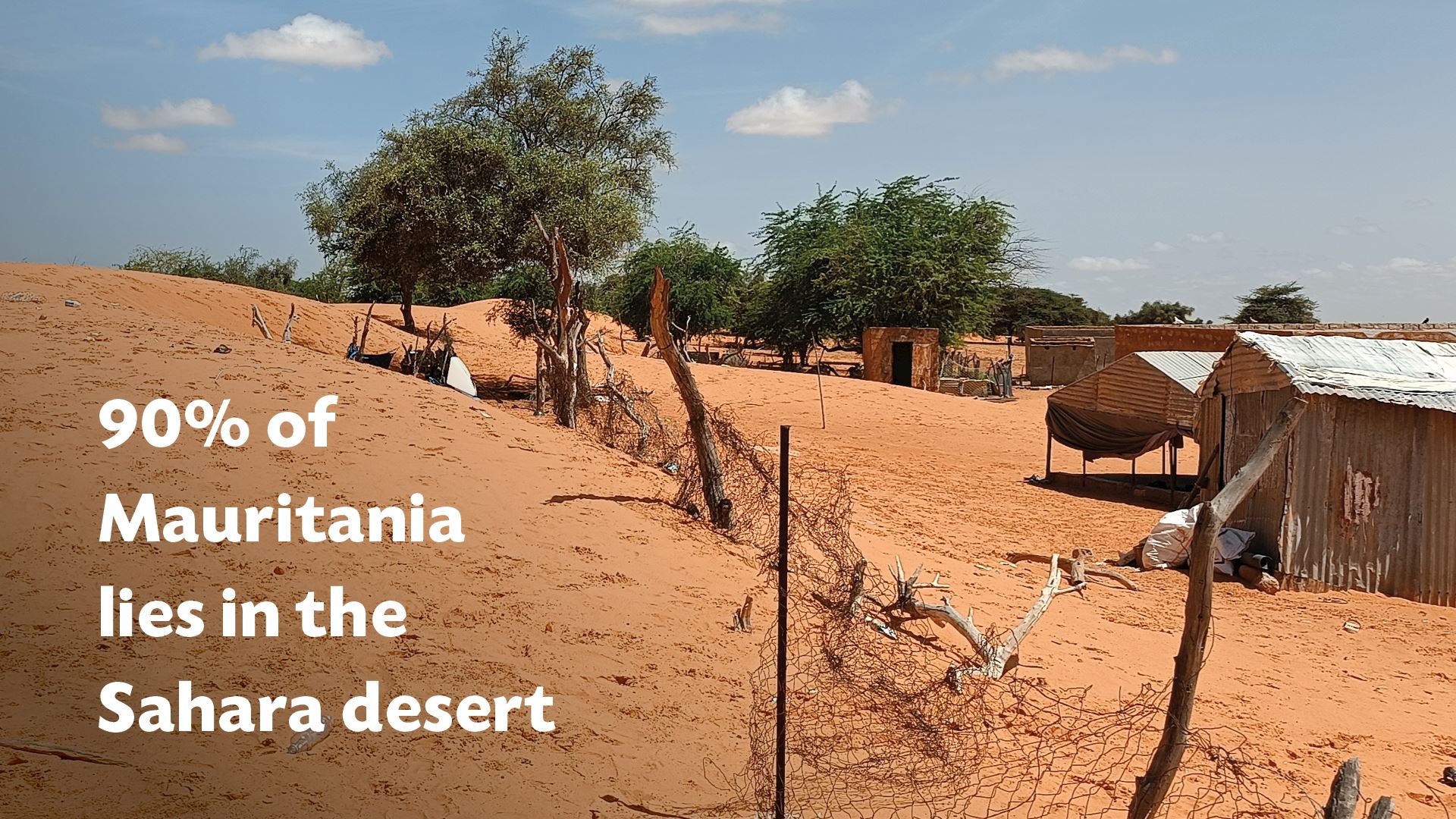
While women in Mauritania face the adverse effects of desertification, they also have additional problems, such as a lack of employment opportunities, education, and health facilities to contend with. 20-year-old Aminetou wakes up every morning, seeing the scorching red, yellow sand gradually destroying the life she and her family have built in their village, Taguilalett. Regular sandstorms have led to increased respiratory, eye, and lung problems in the community and it is difficult to find clean water. This often becomes the role of women and girls, meaning they have to travel further to fulfil this obligation. A lack of fertile land for crops and livestock means increased food insecurity, which has caused malnutrition, particularly among women, children and elderly people.
Aminetou tells the Muslim Hands Mauritania team, ‘The issue of desertification in Taguilalett is getting severe now, and it is impacting every aspect of my life. We have no clean water, my parent's health is deteriorating and I plan to escape to Nouakchott once I have completed my education. Then I can provide a steady income for my family’.
She currently walks an hour in the sweltering sun to receive a free education from the government-owned education facilities in the village. Aminetou dreams of a career in journalism. ‘I enjoy reading’, she says. ‘Reading takes my mind off the dire situation I am in, and I get to imagine myself in a different world’. But with the future looking so uncertain, she will have to find whatever limited work is available to support her family.
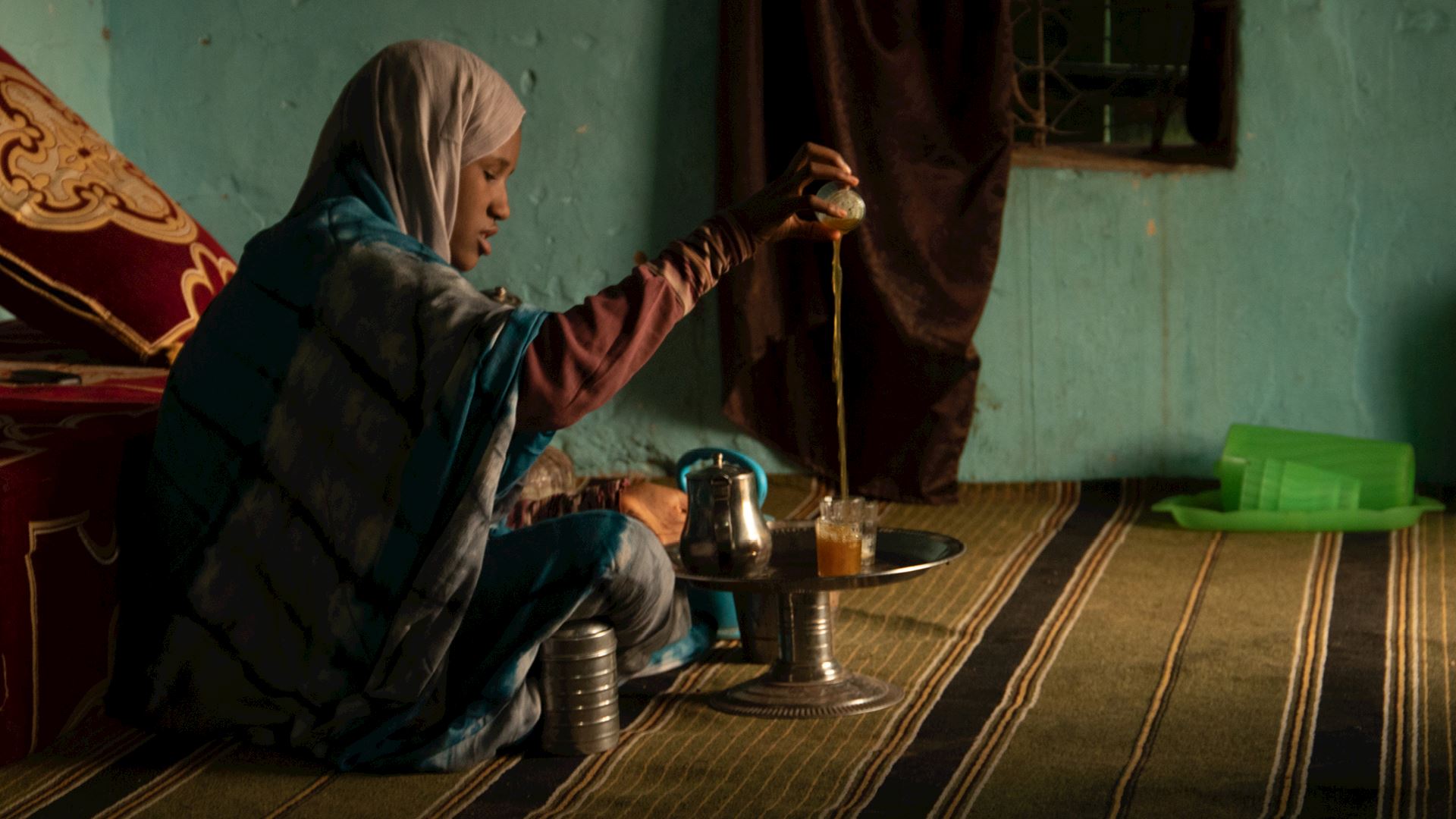
In her village, local people have built sand barriers using sticks with palm leaves, but they are still having to shovel sand daily to stop their homes from being submerged.
How can desertification be managed?
Our Combatting Desertification project in Taguilallett aims to provide much-needed respite to the community and ensure women like Aminetou do not have to leave home just to survive. We are planting 20,000 trees, including acacias (trees), Leptadenia (shrubs), and panicums (herbaceous). The trees will be planted four metres apart – with shrubs in-between. In between each one hectare plot, there will be a 6-metre-wide track.
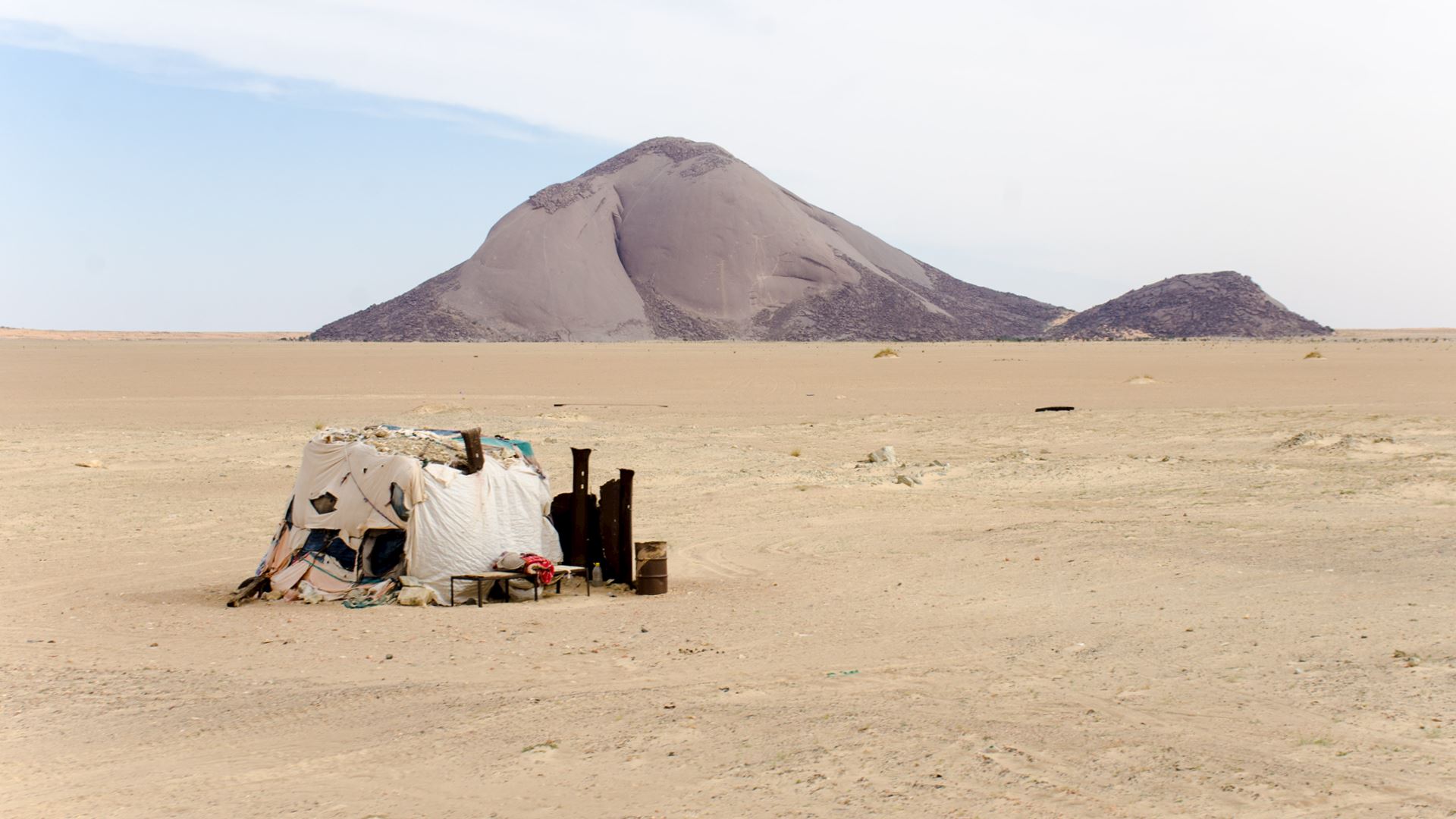
As with so many of our projects, women are at the heart of this work. We are working closely with ten women's cooperative groups and providing them with training so they can effectively cultivate the fertile land that will be created as a result of a combined approach of tree planting, drip irrigation and crop cultivation. The vegetables and fruit produced will provide an income for women, as well as a source of sustenance for their families. Ten women from the cooperatives and four local volunteers will be trained in gardening techniques, specialising in market gardening.
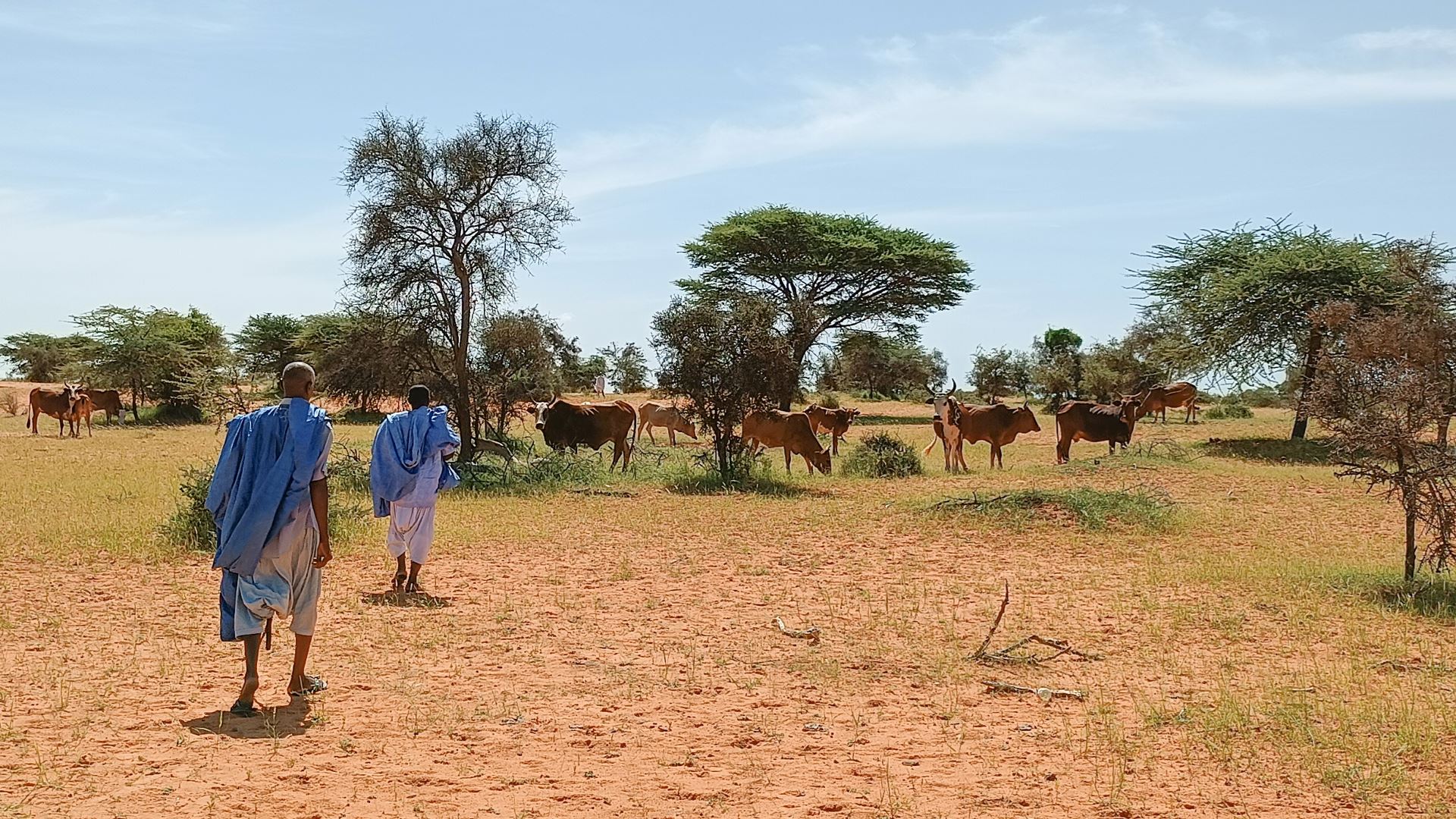
How can we alleviate the effects of climate change?
With the effects of climate change becoming ever more extreme, it is women that are bearing the brunt of the devastation. The International Panel on Climate Change found that, ‘gender inequalities are further exaggerated by climate-related hazards, and they result in higher workloads for women, occupational hazards indoors and outdoors, psychological and emotional stress and higher mortality compared to men’.
When women are displaced, they are more at risk of violence and exploitation, when girls have to travel great distances to fetch water, they are more likely to miss school and when families don’t have enough to eat, it is often women who go without to ensure their children are fed. During COP 27, we must prioritise and amplify the voices of African women impacted by climate change and continue to provide more opportunities for them to overcome the obstacles that hinder them from surviving and thriving.





